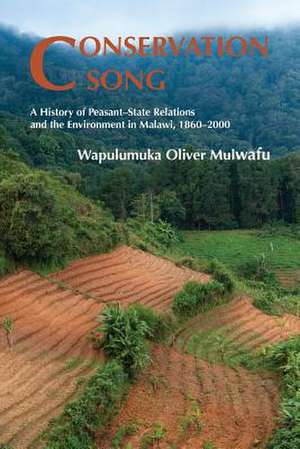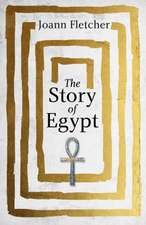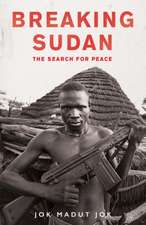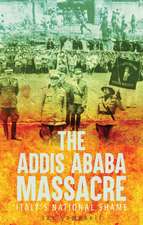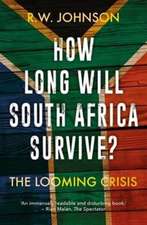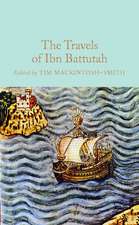Conservation Song: A History of Peasant-State Relations and the Environment in Malawi, 1860-2000.
Autor Wapulumuka Oliver Mulwafuen Limba Engleză Paperback – 30 iun 2013
| Toate formatele și edițiile | Preț | Express |
|---|---|---|
| Paperback (1) | 288.79 lei 6-8 săpt. | |
| Whitehorse Press – 30 iun 2013 | 288.79 lei 6-8 săpt. | |
| Hardback (1) | 461.21 lei 3-5 săpt. | +25.71 lei 7-13 zile |
| Whitehorse Press – 30 iul 2011 | 461.21 lei 3-5 săpt. | +25.71 lei 7-13 zile |
Preț: 288.79 lei
Nou
Puncte Express: 433
Preț estimativ în valută:
55.26€ • 58.00$ • 45.87£
55.26€ • 58.00$ • 45.87£
Carte tipărită la comandă
Livrare economică 10-24 aprilie
Preluare comenzi: 021 569.72.76
Specificații
ISBN-13: 9781874267775
ISBN-10: 1874267774
Pagini: 286
Dimensiuni: 152 x 229 x 16 mm
Greutate: 0.42 kg
Editura: Whitehorse Press
ISBN-10: 1874267774
Pagini: 286
Dimensiuni: 152 x 229 x 16 mm
Greutate: 0.42 kg
Editura: Whitehorse Press
Notă biografică
The author, Wapulumuka Oliver Mulwafu, is Associate Professor of Environmental History and SADC-WaterNet Professorial Chair of Integrated Water Resources Management at Chancellor College, University of Malawi. He is editorially associated with the Journal of Physics and Chemistry of the Earth and the Journal of Southern African Studies. He has been a Visiting Research Fellow at the Centre of African Studies and Wolfson College, University of Cambridge and a Visiting Professor in the Department of History at Michigan State University. His work has appeared in various publications including the Journal of Southern African Studies, Journal of Religion in Africa, Malawi Journal of Social Science and Society of Malawi Journal.
Cuprins
TABLE OF CONTENTS Ch. 1. Introduction Ch. 2. Pre-colonial Environment and Production Systems, 1860s - 1900 Ch. 3. Christian and Colonial Attitudes Towards the Environment Ch. 4. Scientific Networking, Ideology and the Rise of Conservation Discourse in Colonial Malawi Ch. 5. The Natural Resources Board and the Anti-Soil Conservation Campaign in Colonial Malawi, 1946 - 1964 Ch. 6. Colonial Intervention into African Trust Lands, 1939 - 1964 Ch. 7. State Intervention into Private Estate Production in the Shire Highlands Ch. 8. Conservation and Politics, 1952 - 1964 Ch. 9. The Religious Dimension to the Campaign against Soil Conservation in Colonial Malawi Ch. 10. Ecological Change, Gender Relations and Peasant Resistance in Zomba District Ch. 11. Post-colonial Environmental Discourses, 1964 - 1994 Ch.12. Conclusion
